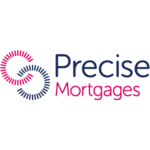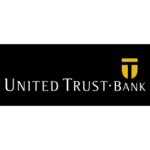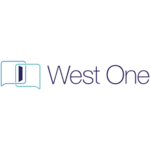Menu
© Copyright AlwaysCompare.com. All rights reserved
THINK CAREFULLY BEFORE SECURING OTHER DEBTS AGAINST YOUR HOME. YOUR HOME MAY BE REPOSSESSED IF YOU DO NOT KEEP UP REPAYMENTS ON A MORTGAGE OR ANY DEBT SECURED ON IT.
alwayscompare.com is a trading style of Visionary Markets Ltd who are authorised and regulated by the Financial Conduct Authority and is entered on the Financial Services Register (https://www.fca.org.uk/register) under reference 710569
Registered office: Visionary Markets Ltd, Maghull Business Centre, 1 Liverpool Road North, Maghull, Merseyside, L31 2HB. Registered in England and Wales (company number 07293351)









